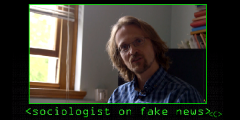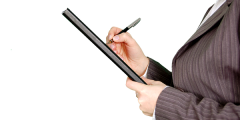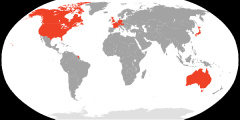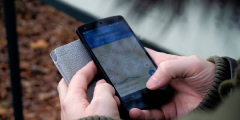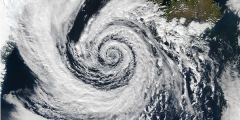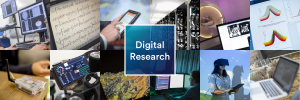Making a podcast
October 13, 2020
Podcasts are a great way to engage a large and diverse audience. In this blog, we discuss what you need to plan, record, edit, and publish a podcast. STEP ONE: Planning Before you do anything, you’ll want to think about the following elements. They will help you manage your podcast and shape it into …
Fake News, Digital Sociology and Computerphile
August 2, 2017
The Digital Research Team have been working with Dr Christian Karner from the School of Sociology and Social Policy to enhance his research through use of different digital technologies. This led to a research project in collaboration with Dr Martin Flintham from the School Computer Science looking at Fake News. Christian recently filmed an interview …
Arts Impact: Storytelling Objects
June 14, 2017
This guest blog post was provided by Hyosun Kwon from the Mixed Reality Lab: The Storytelling Objects project aims to explore notions of audience engagement with hybrid (digital/physical) gifting. We will be creating a ‘box’ that will be sent out to transmedia practitioners. The box will ask them to create a ‘captivating’ story fragment using …
Digital Engagement (8): Toolkits for Assessment
May 9, 2017
For members of the public, the main outcome of academic research is not usually the data, but the insight, analysis and commentary that an academic provides. This means that even if the data were made available to a wider audience in an interactive way (as per the previous blog post), it relies heavily on the …
Digital Engagement (7): Toolkits for Data Analysis
May 5, 2017
One key thing that researchers across different disciplines have in common is research data. This can take many different forms, is often stored and structured in databases or spreadsheets, which helps researchers to manipulate, visualize and analyse the data in useful ways. Other researchers might be able to make use of the data for their research, …
Digital Engagement (6): Envisioning the Future
March 17, 2017
As researchers it can be all too easy to forget how difficult research can be for members of the public to understand and apply. Often researchers have a clear vision of what the future of their discipline might look like, but it can be so far at the cutting edge that it has no point of …
Digital Engagement (5): The Crowd and their Knowledge
March 10, 2017
The Crowd encompasses a range of different people with a wealth of experience, and this pool of experts are an untapped source of knowledge. Digital platforms can give them a voice and opportunity to share their ideas and solutions to complex problems. In fact, even the opinions across the entire crowd can be captured with feedback and …
Digital Engagement (4): The Crowd’s Resources
March 3, 2017
So far in this blog series we have explored the idea of using the crowd to analysis research data and also to provide their own data. For some types of research, the data the crowd provides may not be suitable or accurate enough e.g. a person’s description of a location (“Notts”) versus a GPS co-ordinate (52.9547832 …
Digital Engagement (3): The Crowd and Their Data
February 23, 2017
Researchers who study people typically collect data about their lives, practices, activities, attitudes and opinions. It can often be a challenge to find the best-matched participants with the right types of data; let alone in large numbers. By using Crowd Sourcing you can encourage ‘The Crowd’ to bring themselves and their data directly to you. …
Digital Engagement (2): The Crowd as Sensors
February 17, 2017
Sometimes in research there are data analysis tasks that are too complicated for computers to manage, but are surprisingly simple for humans to do. This is the basis for Citizen Science, an approach which uses digital platforms to recruit a target audience (‘The Crowd’) to help analyse and classify research data which cannot be automated by …


